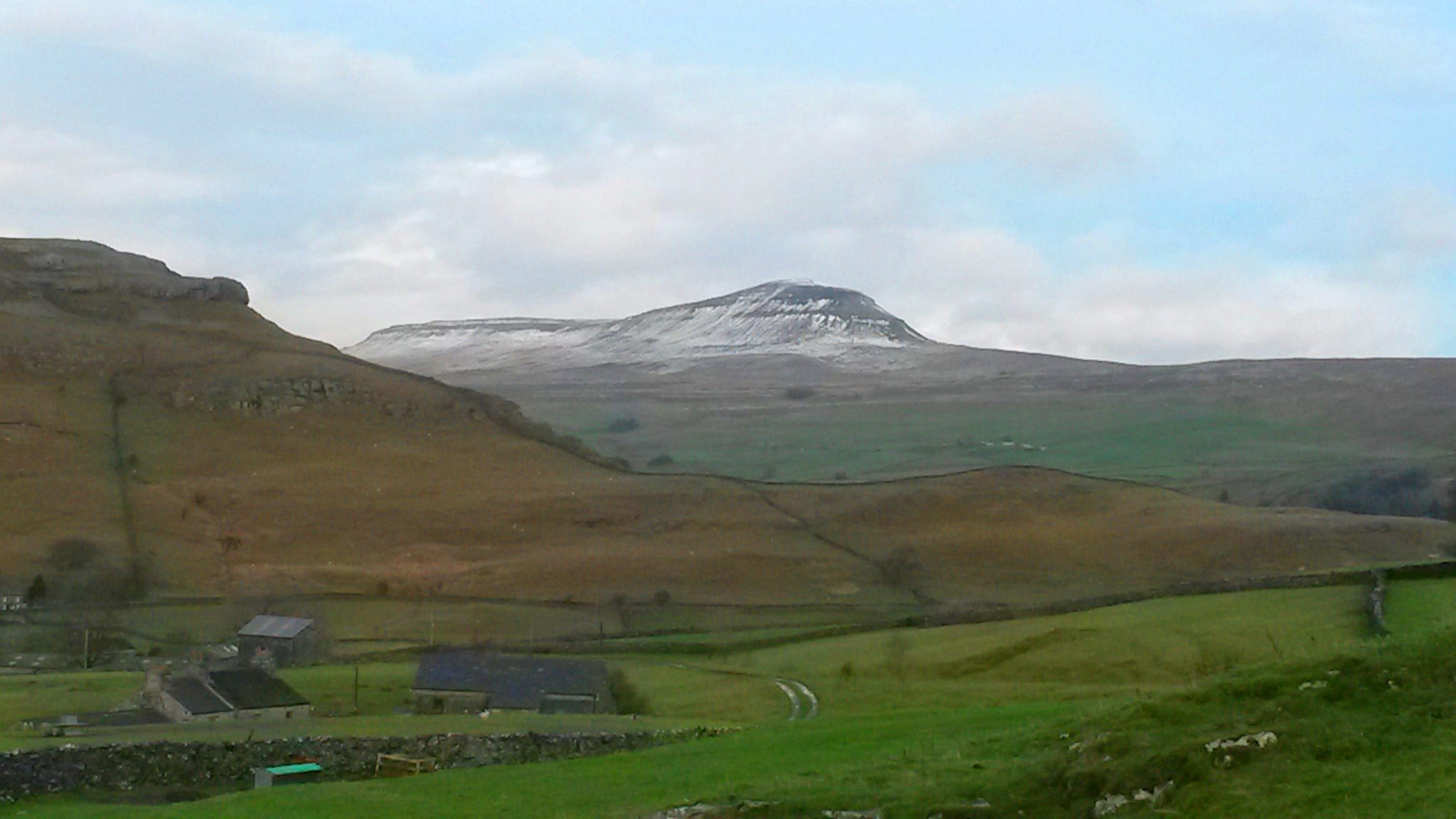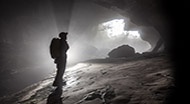
The issue of the Countryside and Rights of Way Act 2000 continues to divide the caving community. As we reported early in January, Tim Allen has been lobbying MPs on behalf of the BCA, in the hope of getting DEFRA to change their interpretation of the law, even taking two on a visit to Gaping Gill, however, his efforts are not being met with universal approval in all areas of the country, as a recent article in the Wells Journal shows.
James Heappey, MP for Wells, recently asked the Secretary of State for Environment, Food and Rural Affairs what her policy is on the extension of the definition of mapped open countryside to caves. The response he received is set out here in full:
“Section 2(1) of the Countryside and Rights of Way Act 2000 provides for a right of access on foot for the purposes of open-air recreation to land which has been mapped as open country (mountain, moor, heath and down) and registered common land. The Government has no plans to extend the definition of mapped land under that Act to apply to caves.”
The above reply, from George Eustice, Minister of State in the Department for Environment, Food and Rural Affairs flags up the important point that caves have not been formally mapped under the processes laid down by the Act and makes it clear that “The Government has no plans to extend the definition of mapped land under that Act to apply to caves.” Without a legal extension of that definition, and a formal mapping process which includes consultation with statutory bodies such as Natural England (whose predecessor body was not asked to comment on the mapping process in the context of caves at the time this work was originally done), it is clear that caves cannot form part of access land.
Another Mendip MP, John Penrose, whose Weston-super-Mare constituency includes the Burrington area has also voiced his concerns in a letter to the Secretary of State, citing amongst other things, conservation concerns as many of the caves under access land are Sites of Special Scientific Interest which could be disturbed “if visitors didn’t understand the fragility of the environments they contain.” He also raises public safety concerns as some caves have “cliffs and other dangerous features which might injure or even kill unprepared visitors…”
In answer to Mr Penrose’s concerns, Rory Stewart, MP, Parliamentary Under Secretary for State for Environment, Food and Rural Affairs, has responded in writing, as Minister responsible for this policy area, restating the position that the Department’s view is that open access rights under CroW do not “include any rights to use cave systems beneath or within the mapped land.” He goes on to say that whilst the department is aware of the opinion of Dinah Rose, QC, they are also aware of other opinions which reach very different conclusions. Mr Stewart makes the further point that this issue has not been tested in court and until then, all opinions remain just that. He ends by saying: “The other option is to resolve the position by a change in the legislation but I can confirm that we have no plans to make any such changes to the Act.”
These statements are all in line with a communication between DEFRA and Tim Allen, quoted in this recent article in The Guardian newspaper which suggests that BCA would be better: “Focusing on reaching voluntary agreements may be more beneficial to you and the association than spending time and resources pursuing either what could be expensive court action, lobbying for new legislation or lobbying Defra to change its position.”
This is a statement which Darkness Below thoroughly endorses. Surely it’s time for cavers to put aside their differences and work on strengthening relationships with each other and with landowners, rather than continuing what has become a divisive and damaging battle. Access arrangements in this country are now more open and easily negotiated than they have ever been. Let’s focus on the positives for once!
